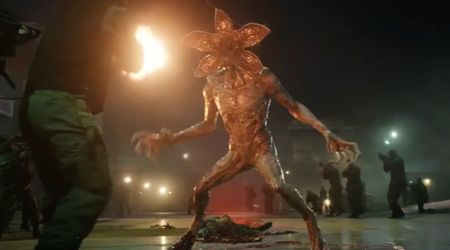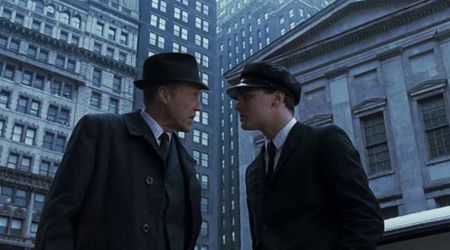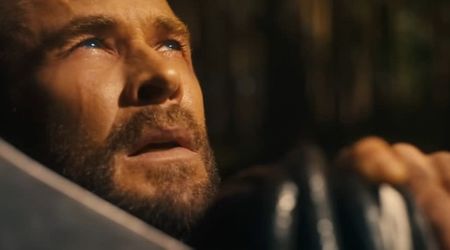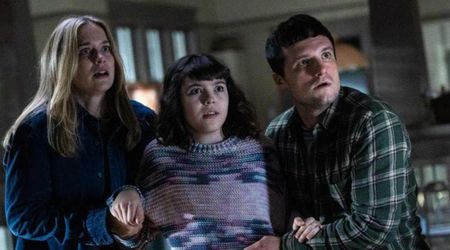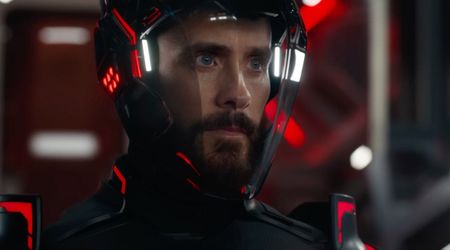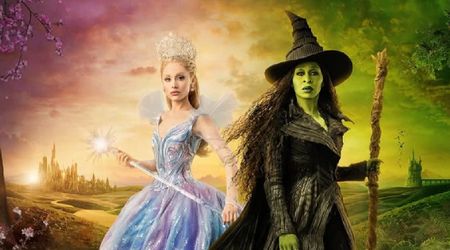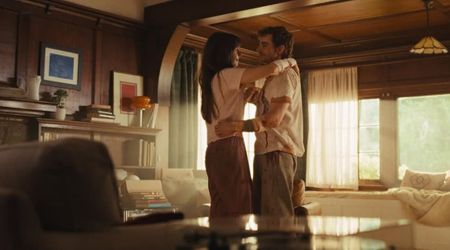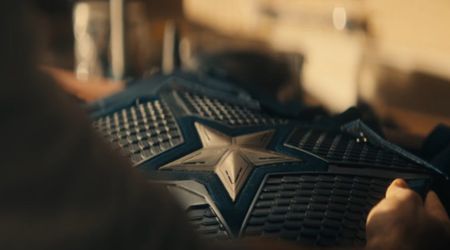'Freedia Got a Gun': The gun violence epidemic is bad in New Orleans, here's what contributes to it

Black American people are disproportionately impacted by gun violence. They experience nearly 10 times the gun homicides, 15 times the gun assaults, and three times the fatal police shootings of the White American folks. Each day on average, 26 Black Americans are killed by guns and 104 experience non-fatal injuries. At least every other day, a Black person is shot and killed by police. These trends worsen in large cities where Black American people make up 68% of homicide victims. Gun violence further clusters in specific social networks and neighborhood sub-sections. Each year since 1972, at least 145 people have been murdered in New Orleans and nearly all of the victims were killed by firearms.
The city of New Orleans serves as a lens for which gun violence in the Black community is magnified. A report by the Educational Fund to Stop Gun Violence, titled “Gun Violence in America: An Analysis of 2018 CDC Data,” revealed that Louisiana had the third-highest firearm homicide rate in the country in 2018. The per capita numbers in the New Orleans area were worse, as it ranked fifth out of all parishes/counties in the United States for firearm homicides. In 2019, of the 120 people killed in New Orleans, 93 percent of the victims died by gun violence. Of the 120 dead, 99 were Black men.
In the latest documentary released by Peacock (produced by World of Wonder), the subject of gun violence within the Black community in New Orleans is explored. Led by bounce legend Big Freedia, the documentary titled 'Freedia Got a Gun' follows her as she uses her platform to raise awareness about the complexities of gun violence, a nationwide epidemic that continues to disproportionally harm Black communities. As Freedia shares her personal journey from growing up gay in the projects through Hurricane Katrina and chasing her musical dreams, she delves deep into the first-hand experiences she and the community have had with gun violence, seeking to uncover the causes behind it.
Racial and economic inequalities that have been in place for hundreds of years and stem from deficiencies in education, transportation, wage growth and other structural factors are to blame for the terrifyingly high numbers of gun violence in the city. Even within the city, these numbers are largely from certain districts, with a larger Black population. In 'Freedia Got a Gun', we also see how ineffective planning of Black neighborhoods even contributes to this and how young Black men and forced to continue the cycle of violence.
Unfortunately, while 2019 saw a drop in the number of homicides in New Orleans for the first time since 1971, the first six months of 2020 saw a 37 percent increase in them -- while 64 people were killed during the first six months of 2019, 87 people were murdered in New Orleans in the first six months of 2020. That this increase happened during the Covid-19 pandemic is more worrisome.
'Freedia Got a Gun' is available to stream on Peacock on October 15.

